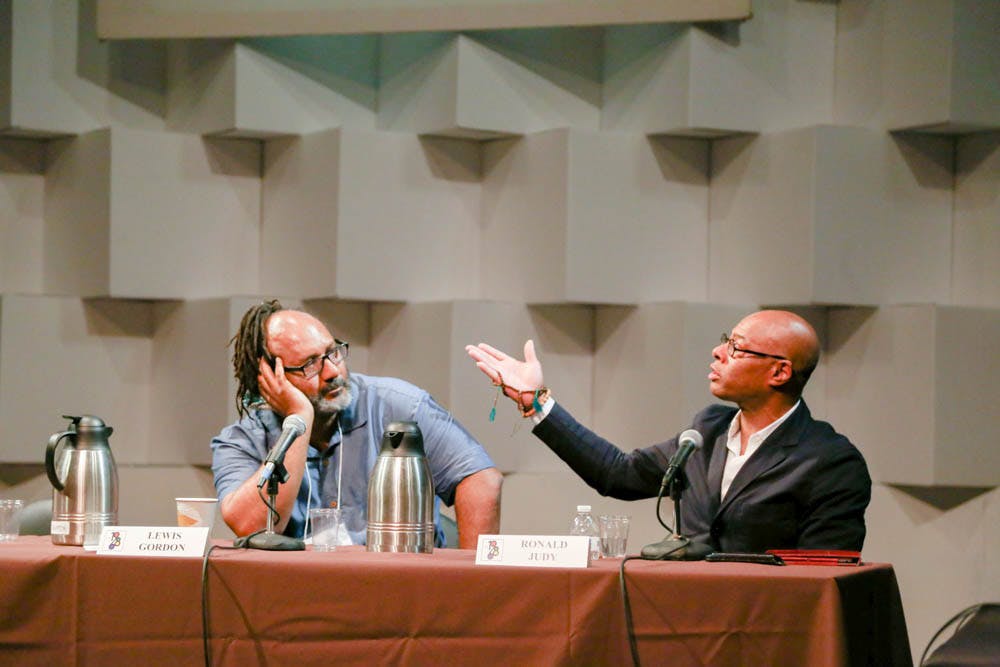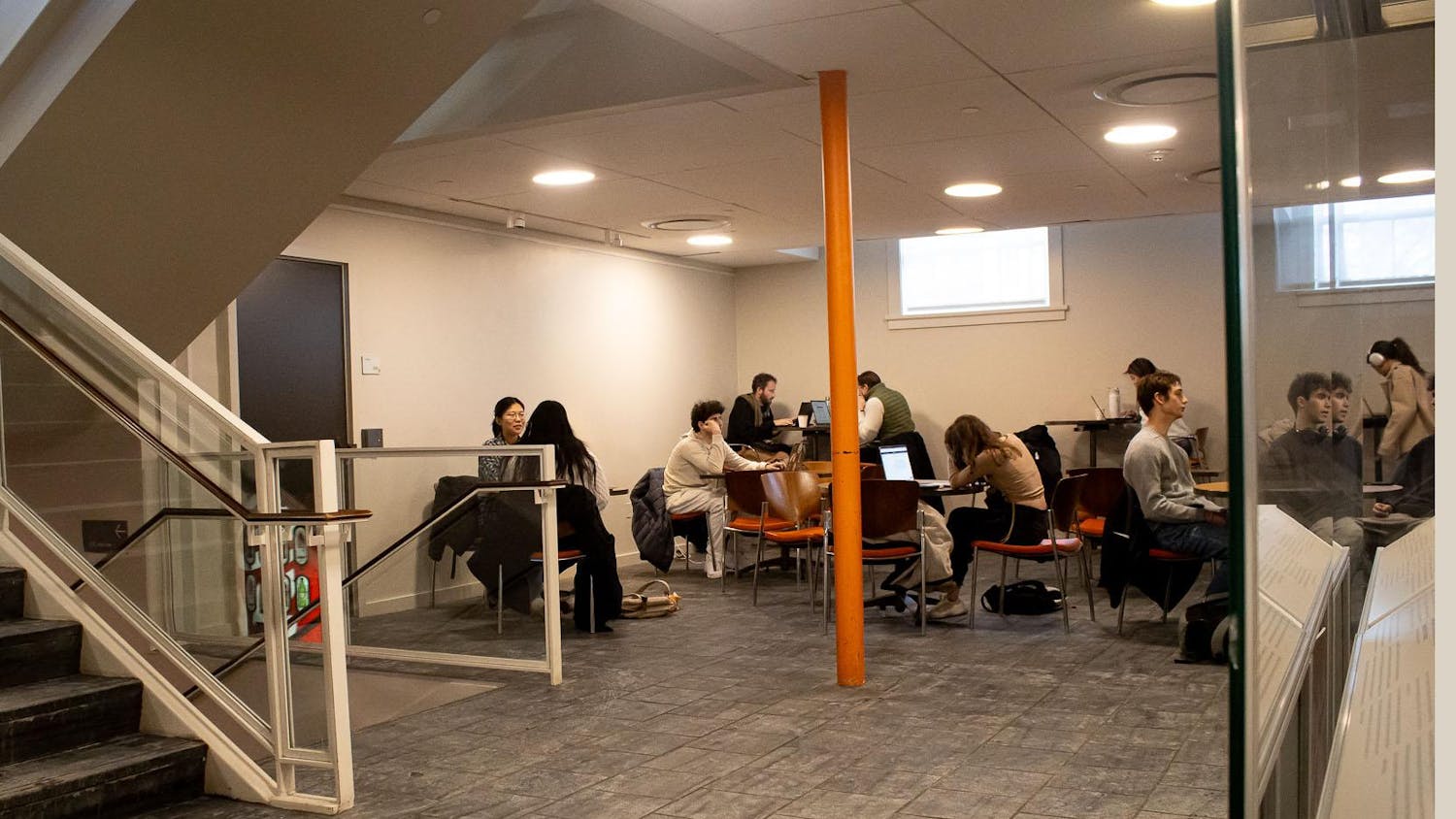Last week, the Department of Africana Studies held a two-day symposium to examine the legacy of political activism that took place around the world during 1968, including the black student walkout that occurred at Brown 50 years ago.
Planned in partnership with the Watson Institute for International and Public Affairs, “50 Years Since 68: The Global and the Local” is one component of “a year-long initiative that reflects on the meaning and significance of that remarkable year and examines the state of the world a half-century later,” according to the website for the Department of Africana Studies.
The conference began with an opening reception at Watson Wednesday evening. Featuring remarks from several University administrators and faculty, the reception explained the symposium’s central focus on activism from 1968 and reflected on the 1968 black student walkout.
The symposium invited 18 scholars to campus to speak. Brian Meeks, chair of the Department of Africana Studies, said these participants represent a diverse group “who have thought deeply about the acts of courage and resistance that have defined the activists of 1968, the genealogies of thinking that inspired them and drove them to the streets and … the legacies of thought and action that the current generation have inherited from them as they face today their own formidable challenges.”
The symposium’s panels and events intended to assess 1968 activism “in a comparative context … to inform our understanding of what’s happening today,” said Edward Steinfeld, director of the Watson Institute. Panels touched on political uprisings in China, Brazil and the European South in addition to those in the United States.
Additionally, the speakers said the 1968 black student walkout generated meaningful and productive conversations about race in higher education. Walkout participants demanded that “black students must constitute at least 11 percent of the class of 1973, and of all subsequent incoming classes,” according to a position paper published by The Herald at the time.
“We at the Watson Institute and we all across Brown are the beneficiaries of all of the intellectual energy that that walkout generated over time,” Steinfeld said.
In her welcoming address, President Christina Paxson P’19 said that while the walkout reminded the University of its founding commitment to inclusivity, work still remained ahead to achieve this goal. “It would be naive to think that one walkout would solve all problems, it doesn’t work that way in the world. It’s continued waves of activism and standing up for what’s right that moves institutions like Brown … forward,” she said.
The symposium’s panels and workshops were open to the public. The events featured discussions on black power, civil resistance, radical solidarity and the origins of the civil rights movement. One event, titled “Disturbance 1968,” screened a documentary chronicling student protests in Kingstown, Jamaica. Afterwards, Matthew Smith, the documentary’s director and a professor of history at the University of the West Indies at Mona, spoke to attendees about his work.
Created as a part of a larger project contextualizing Caribbean student activism against the backdrop of 1960s political turbulence, the documentary aimed to “create a space where people from the present … can engage with these questions about what was happening in the decade of the 1960s … leading up to the moment of 1968,” Smith said.
Jamaican student activism during 1968 fits into a greater, global narrative of resistance and change, Smith said.
The symposium concluded Friday with a plenary conversation titled “Beyond the Conjuncture: Yesterday, Today and Tomorrow.” During the event, community members asked questions and exchanged ideas about contemporary racial and political issues with panelists and other audience members.
Panelist Lewis Gordon, professor of philosophy at the University of Connecticut, spoke about the different approaches members of the political left and right wings used to accomplish their goals. “The right really is invested in coercive power and … how to acquire it,” he said.
“When I was at Brown, it was very distinct. Right-wing students get involved in any way whatsoever in running institutions here and left-wing students have become locked into the model of the protest. So, as a consequence, the right controls the conditions of possibility, and the left ends up responding to it,” he added.
Attendees also spoke about identity issues, such as how blackness as a political concept can define membership to a community and can lead to exclusion.
Through the plenary conversation, Meeks told The Herald that he hoped attendees could use “the philosophical ideas which emerged out of some of these struggles” in 1968 to discuss “the world we live in and (understand) where we go from here.”
Reflecting on the past “also forces us to reflect on the present moment which … is a very special moment, both locally and globally. And that’s the biggest thing that came out of this,” he added.





